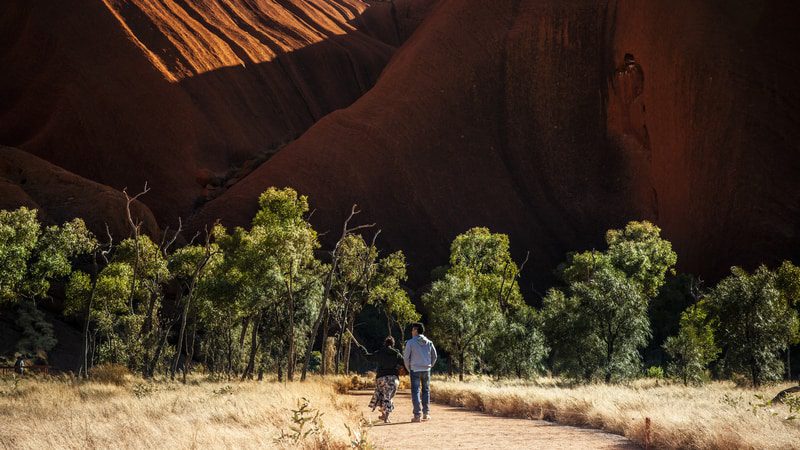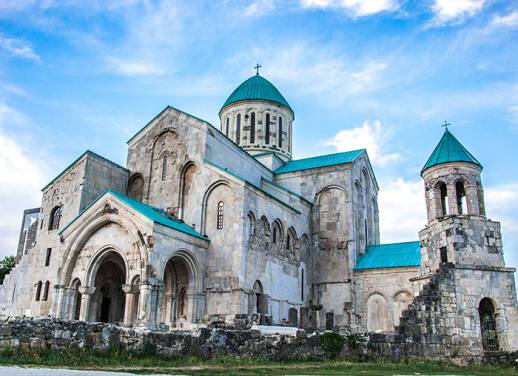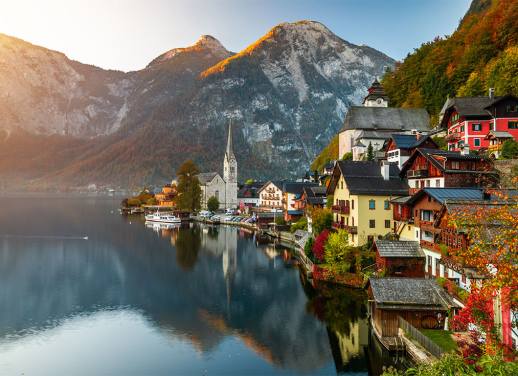National Reconciliation Week – 27 May to 3 June – is a time for all people to learn about our shared histories, and to explore how each of us can contribute to achieving reconciliation in Australia. This year’s theme is “Be Brave. Make Change.” To help us mark Reconciliation Week 2022, award-winning Yorta Yorta writer, author and radio host Daniel James shares some thoughts on what meaningful reconciliation really looks like.
This blog was brought to you in partnership with Welcome to Country and their friends at IndigenousX, and reflects the writer’s opinion.
Reconciliation isn’t about the periphery; it is about the heart of things.
I mean, morning teas are nice. I’ve been involved in enough to know that there is a genuine interest across organisations and the individuals within them to learn more, to know and understand what the colonial teaching of history deprived them about the true story of this place.
The notion of ‘reconciliation’ has been an increasingly vexed one, particularly in the Aboriginal community. Reconciliation, as a movement, started in earnest as a result of former Prime Minister John Howard’s refusal to apologise to the stolen generations for successive government policies which removed Aboriginal children away from their families. Those policies decimated thousands of lives, removing threads from an already frayed cultural tapestry still reeling from invasion and the culture wars.
Howard’s resistance came on the back of the fallout of the High Court’s Mabo decision and the watering down of the Keating government’s legislative response in the Native Title Act 1993.
Aboriginal and Torres Strait Islander people, in the main, felt like spectators to all of these goings on. While some or our leadership were involved in negotiations with government, most of us had to look on as the national conversation bore out. They spoke about us, not to us. It was a trying time.
The reconciliation movement was seen as an antidote. It became the frame in which Howard’s attitude to dealing with the history of this country and its original inhabitants could be viewed. The walks for reconciliation, including the one famously over the Sydney Harbour Bridge on May of 2000, were indeed a welcome respite from the culture wars. People from all backgrounds and political persuasions marched in the hope there could be healing and a path forward to reconciling our history and starting to amend the ongoing effects of invasion.
What eventuated however, was another seven years of inaction and delay. During those long years, reconciliation went nowhere.
Fifteen years after Howard’s defeat, reconciliation has become an industry of sorts.
The 2007 Apology to the Stolen Generations was a momentous event in the history of this country. Prime Minister Rudd’s speech gave great comfort to those still grieving the loss of loved ones and the death of members of Stolen Generations that didn’t make it to see the Prime Minister apologise on behalf of the Commonwealth for their hurt and pain.
But if we take a step back, yes, there are Reconciliation Action Plans (RAPs) in place across corporate Australia. Yes, there are Aboriginal and Torres Strait Islander flags flying in front of schools, hospitals and departmental buildings. It is great to see Aboriginal artwork adorning the walls of some of our major institutions. It’s great to see welcome and acknowledgments of country at the start of events big and small.
However, from my perspective, and I know many others share this perspective, the industrialisation of reconciliation acts as a double-edged sword, where individuals, organisation and governments can feel like they’re working towards reconciliation by merely ticking a box. This stalls genuine progress towards addressing the real issues facing First Nations People. What my people are calling for now is a move towards treaty, as is happening in my home state of Victoria.
At the national level, the Uluru Statement from the Heart is asking for a central place in the democratic heart of our nation. Such a voice would act as the mechanism for the negotiation of a national treaty.
So how does treaty and a representative voice go to addressing things like over representation in the criminal justice system, the lack of public housing in remote communities, or the rates of morbidity from preventable diseases?
It does so by adding value to First Nations people and culture in the heart of the national conversation. If everyone valued First Nations people as much as they care for their own health and wellbeing, then it would go a long way to closing the gap and correcting history.
As an Australian company, meaningful reconciliation with Australia’s First Nations peoples is important to Intrepid, and something we are working on continuously. Read more about our Reconciliation Action Plan here.




